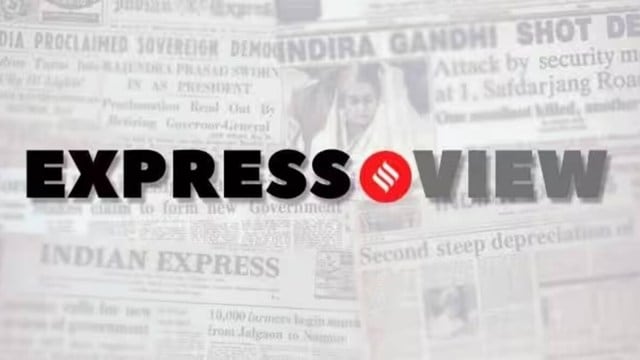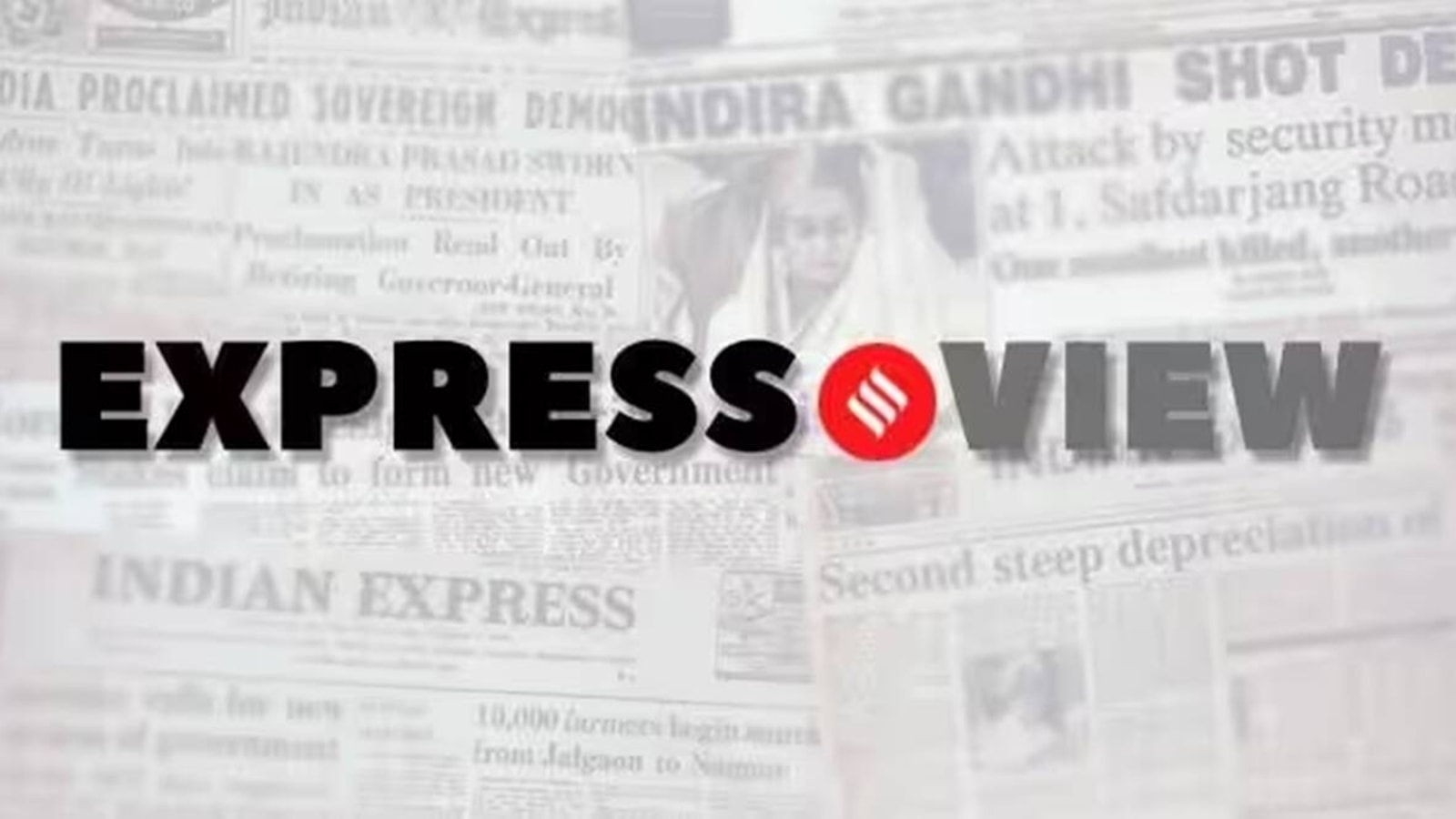
Feb 21, 2025 07:00 IST First published on: Feb 21, 2025 at 07:00 IST
In 2022, while granting bail to Alt News co-founder Mohammed Zubair, the Supreme Court had rejected the imposition of a ban on his social media activities. “Gag orders have a chilling effect on the freedom of speech,” it had said. This week, the Court appears to have turned the clock back on a right it had stoutly defended once. In prohibiting podcaster-influencer Ranveer Allahbadia — whose comments on a YouTube show set off a controversy earlier this month — and his associates from airing content on social media until further notice, the Court has set a troubling precedent for free speech.
The Court has expressed strong disapproval of Allahbadia’s comments, asserting that such language could bring shame to families and society. It granted relief to Allahbadia, in the form of protection from arrest, besides allowing the FIRs against him to be clubbed together. Yet, the imposition of prior restraint in the form of a gag is concerning. The Court must ask itself if it wants to give further ammunition to a political class that has, in the past, been quick to clamp down on anything it deems offensive, with an alacrity that cuts across party lines. Its order also goes against the spirit that animated the Court’s earlier defence of freedom of speech, notably in Shreya Singhal v Union of India (2015), in which the SC emphasised that vague restrictions on online speech can lead to a “chilling effect”. This logic has been upended in the Allahbadia order. The speaker is now expected to anticipate legal red lines. Such restrictions can empower arbitrary state action and incentivise frivolous complaints, creating an environment in which free expression becomes a privilege of the powerful, not the right of the people.
Story continues below this ad
It is also worrying that when hearing another matter, the Bench referred to the Allahbadia case and sought the government’s response on whether it is considering addressing the regulatory “vacuum” in online content. Already, the Parliamentary Standing Committee on Communications and Information Technology has asked the Ministry of Electronics and Information Technology to look at bringing online platforms under legal scrutiny. While regulation to prevent genuinely harmful content is necessary, it must be balanced against the fundamental right to freedom of speech. Over-regulation or vague guidelines, as the Court itself had warned in Shreya Singhal, could lead to self-censorship. As the case proceeds, the Court must reconsider these directives. In an era where digital platforms are the new public square, the judiciary must remain vigilant against tools of suppression, however benign their guise and well meaning their intention.


